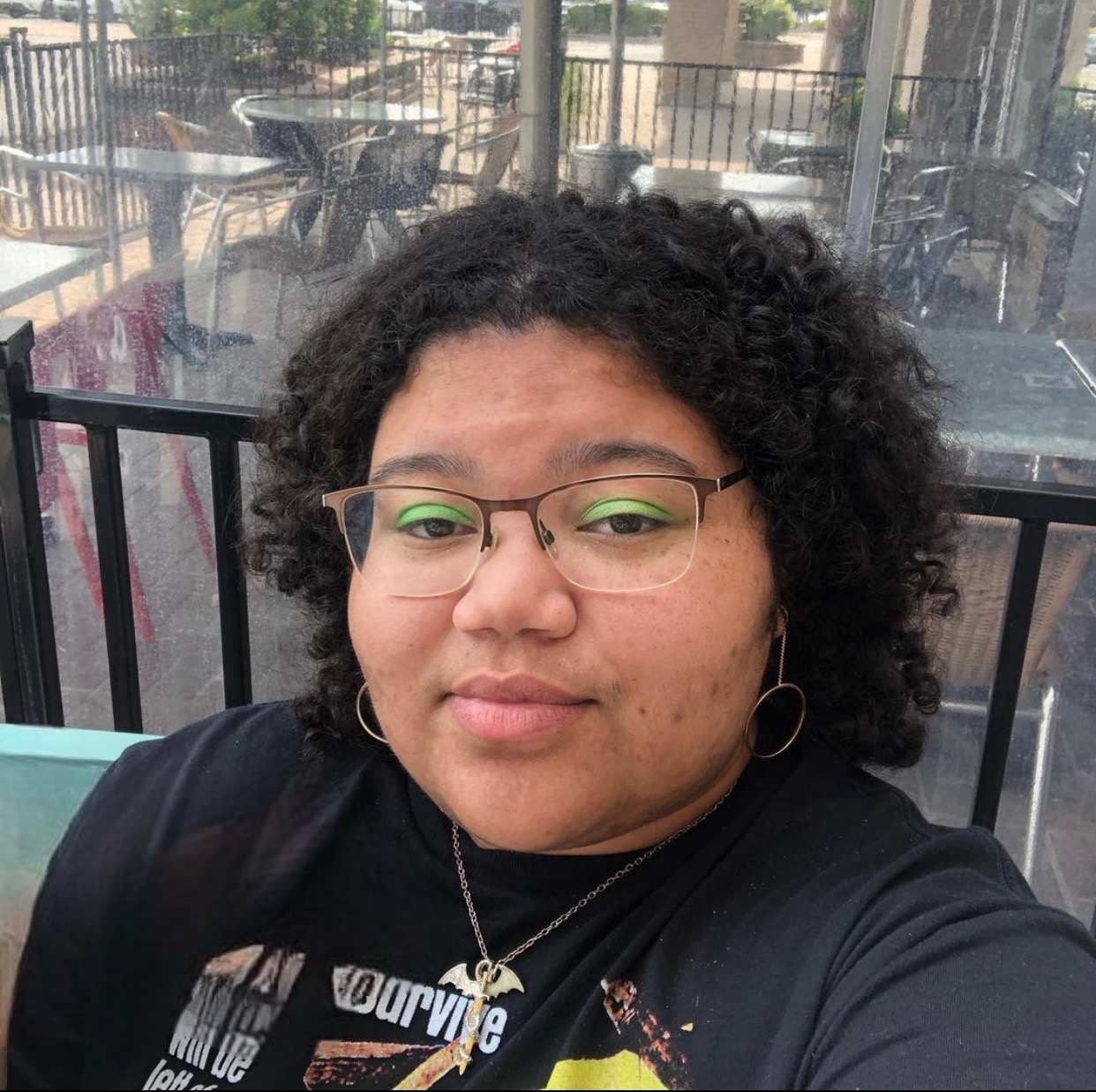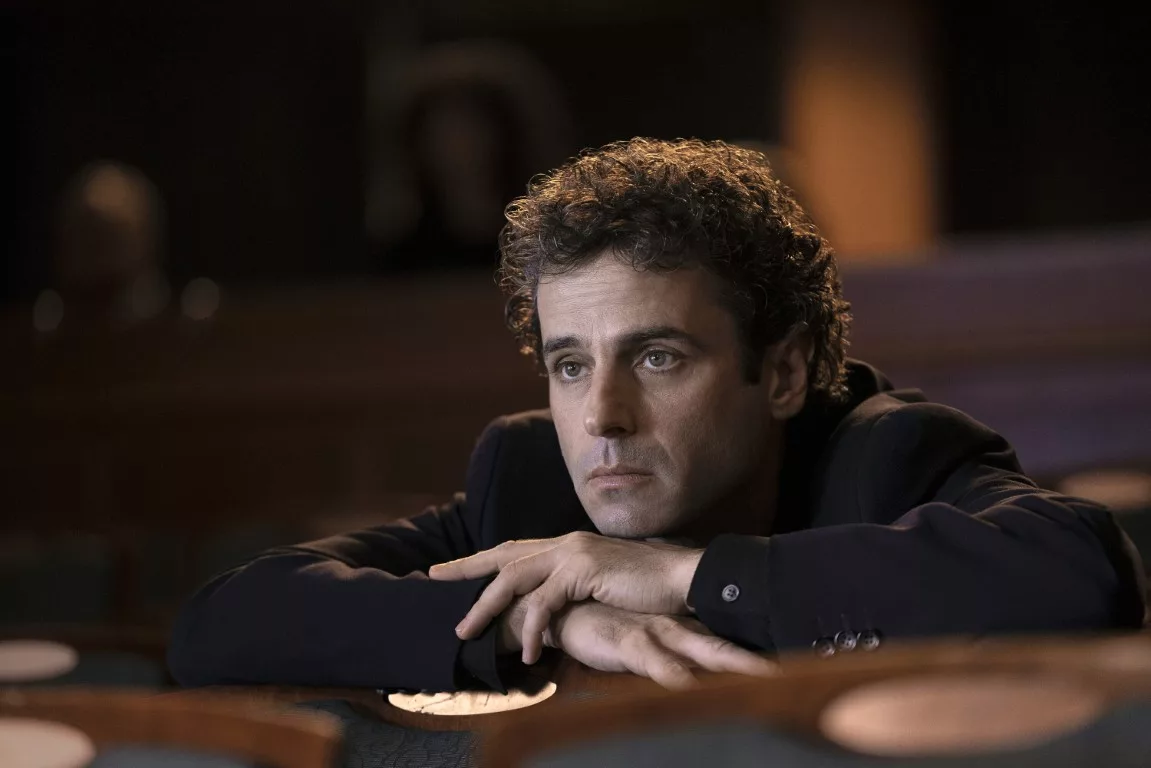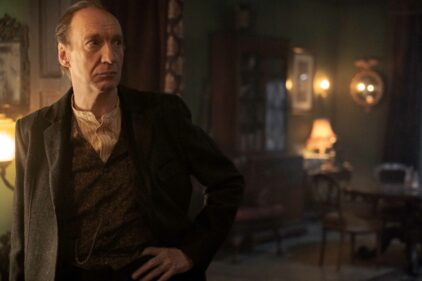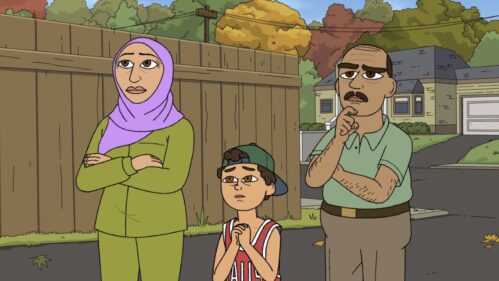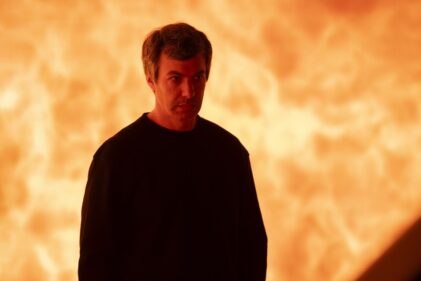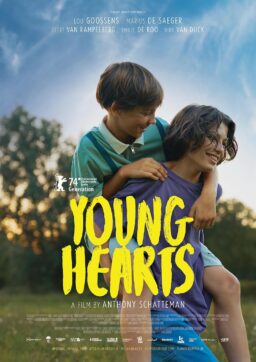Like the medical dramas of the 2000s, the following decade was swamped by shows about dance. One of the most prevalent was Amy Sherman-Palladino’s “Bunheads,” which followed a former Vegas showgirl turned small-town ballet teacher, and was unfortunately cancelled after one season. Now, nearly 15 years later, Sherman-Palladino and her husband, Daniel Palladino, are back with “Étoile,” a series that stands out as the highlight in their already expansive careers.
The eight-episode season follows the behind-the-scenes and on-stage drama of two fictional dance companies, Le Ballet National in Paris and Metropolitan Ballet Theater in New York City. Drowning under financial pressures and an audience that is growing away from consuming art in person, Le Ballet National director Geneviève (Charlotte Gainsbourg) suggests swapping talent with the director of the Metropolitan Ballet Theater, Jack (Luke Kirby), to generate publicity and perhaps secure the future of the art form. While initially appalled by the idea, Jack slowly comes to terms with the fact that this may be the only thing both parties can do to save their companies from going under.
Engaged in this unprecedented talent swap are star ballerinas Cheyenne (Lou de Laâge), who arrives in New York, and former Paris star Mishi (Taïs Vinolo), who returns to her hometown after a stint in the United States. Along with them is Tobais (Gideon Glick), a talented and neurodivergent choreographer whose transfer to Paris upends his meticulously crafted life, along with the dancers who now rely on him for their success. Each swap causes ripples in their respective dance companies, with some personalities being too big or unprepared for the cities they now inhabit.
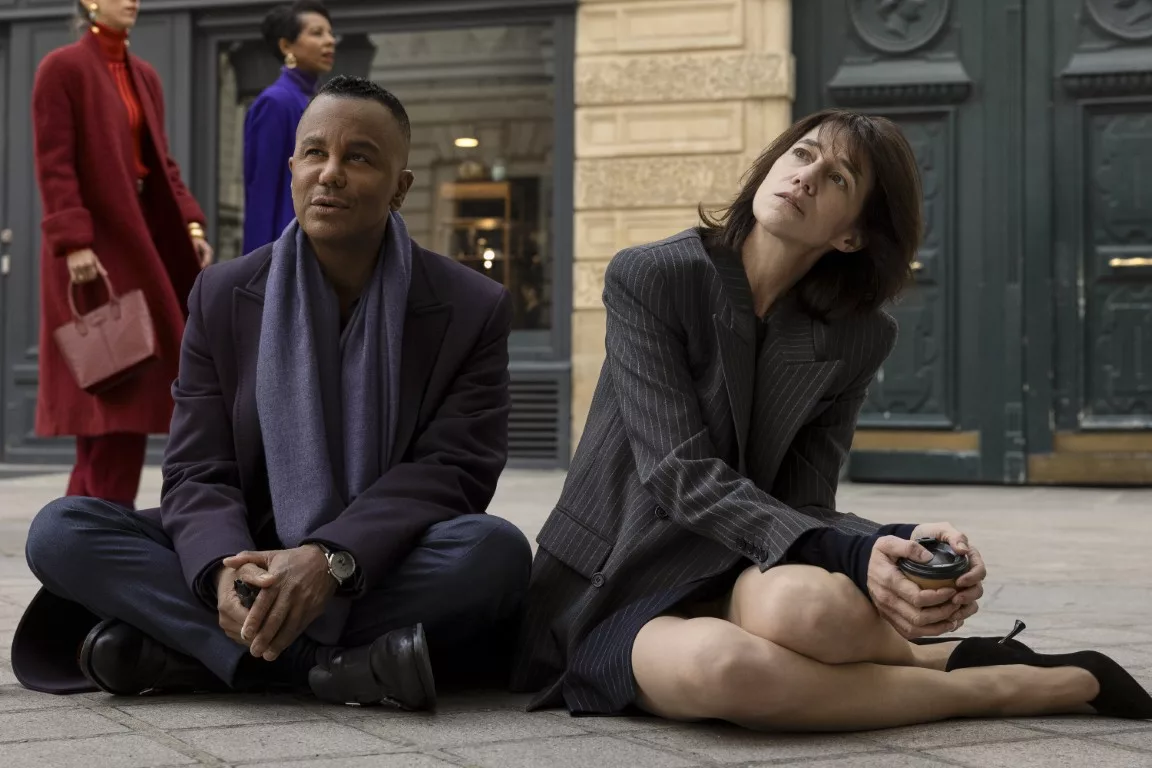
Although the series initially draws you in with the gimmick of these dancers swapping cities, the show slowly sheds its comedic shield for an intensified and emotional quality. Both are balanced perfectly, teetering between comedy and drama to ultimately craft a series that is as much about a dying art form in a post-pandemic world as it is about the misfortune of being surrounded by coworkers you can’t stand. While their respective headquarters are on different continents, Jack and Geneviève’s storylines converge as they continue to manage the dancers and employees they’ve acquired. When the series begins, it seems like they can’t stand each other, though it’s clear that the two may have shared feelings that further complicate their new working relationship.
Their relationship is further complicated by the presence of Cheyenne, who abandons a new life as an activist when she’s cast in the Metropolitan Ballet Theater. She’s hard in a way most dancers are soft, and comes into contention with Jack more than even Geneviève does. Each time Kirby and de Laâge occupy the screen together, it feels like you’re watching a cat-and-mouse game unfold. As the two characters butt-heads, you can’t help but feel like you’re watching one of the great modern television duos being born right in front of your eyes. Where “Étoile” truly excels is when there’s a palpable tension that ripples between the bodies of the pairings on screen. Thankfully, no matter who’s on screen, this tension never wanes. Instead, it intensifies with each episode.
One of the show’s most engaging dynamics emerges between Tobias and Parisian dancer Gabin (Ivan du Pontavice), who becomes infatuated with the choreographer upon their first meeting. Tobias clashes with Luke and Geneviève in New York and Paris, and neither party is seemingly willing to understand him beyond the pieces he creates for the stage. As the series unfolds, his relationship with Gabin intensifies, yet it maintains an underlying sweetness that makes their scenes all the more captivating. Glick delivers one of the year’s finest performances, enhanced by his chemistry with du Pontavice’s disarming charm.
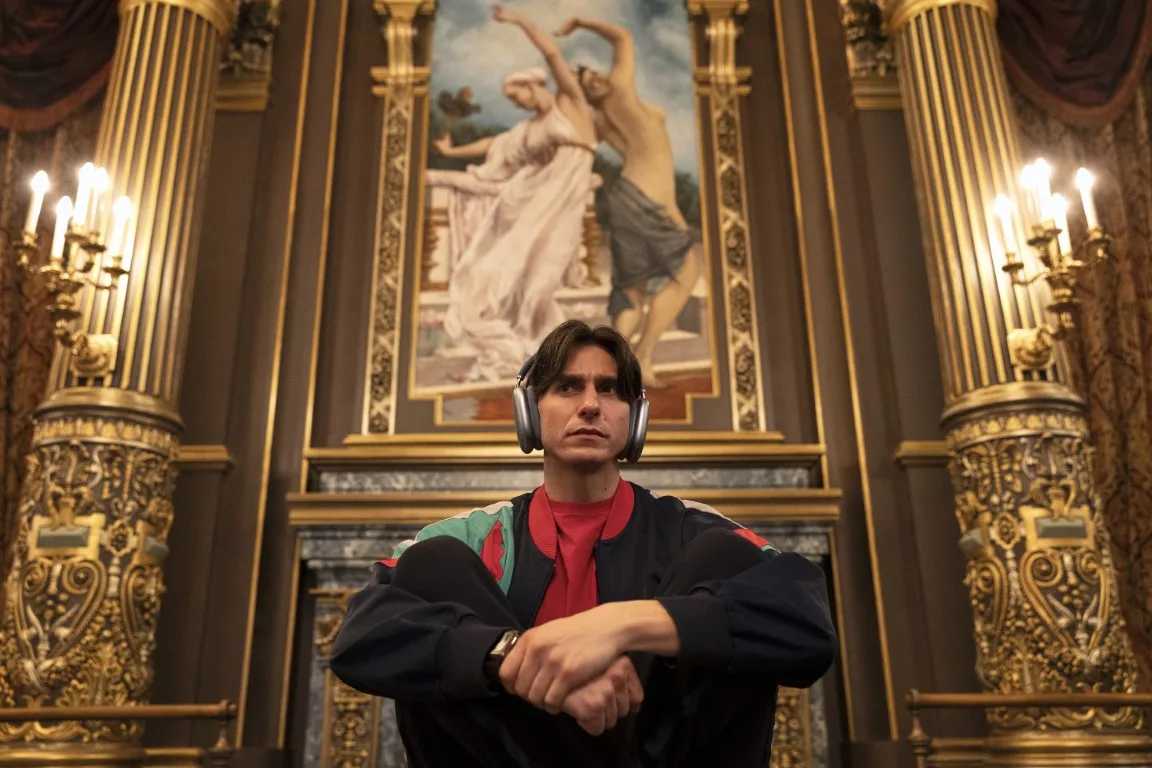
While the show’s dialogue is whip-smart, at times feeling like an Aaron Sorkin and Jesse Armstrong mashup, the characters in the show struggle to communicate with each other. It’s as if the impacts of the pandemic aren’t just felt on the financial aspects of both dance companies, but felt deeply in the bones of each character in the series. More apt to isolate themselves than tell their lovers, friends, and coworkers what they truly want, the miscommunication in “Étoile” can get frustrating at times, but also aids in the show’s volatile and alluring nature.
“To watch you dance is like dying and finding out there actually is a heaven,” a character utters to Cheyenne early in the season. Lines like these, paired with gazes that peer through half-lidded eyes, make this series stand out in a television landscape that feels afraid to push boundaries. Engaging romance and sex on screen is harder to come by each year, and although the series could benefit from taking a few more risks, “Étoile” still feels bolder and fresher than almost any other show released this year. From its vibrant opening credits to its meticulously crafted costume design, the series feels tailor-made to be everyone’s new obsession. Thankfully, a second season has already been greenlit.
All episodes were screened for review.
